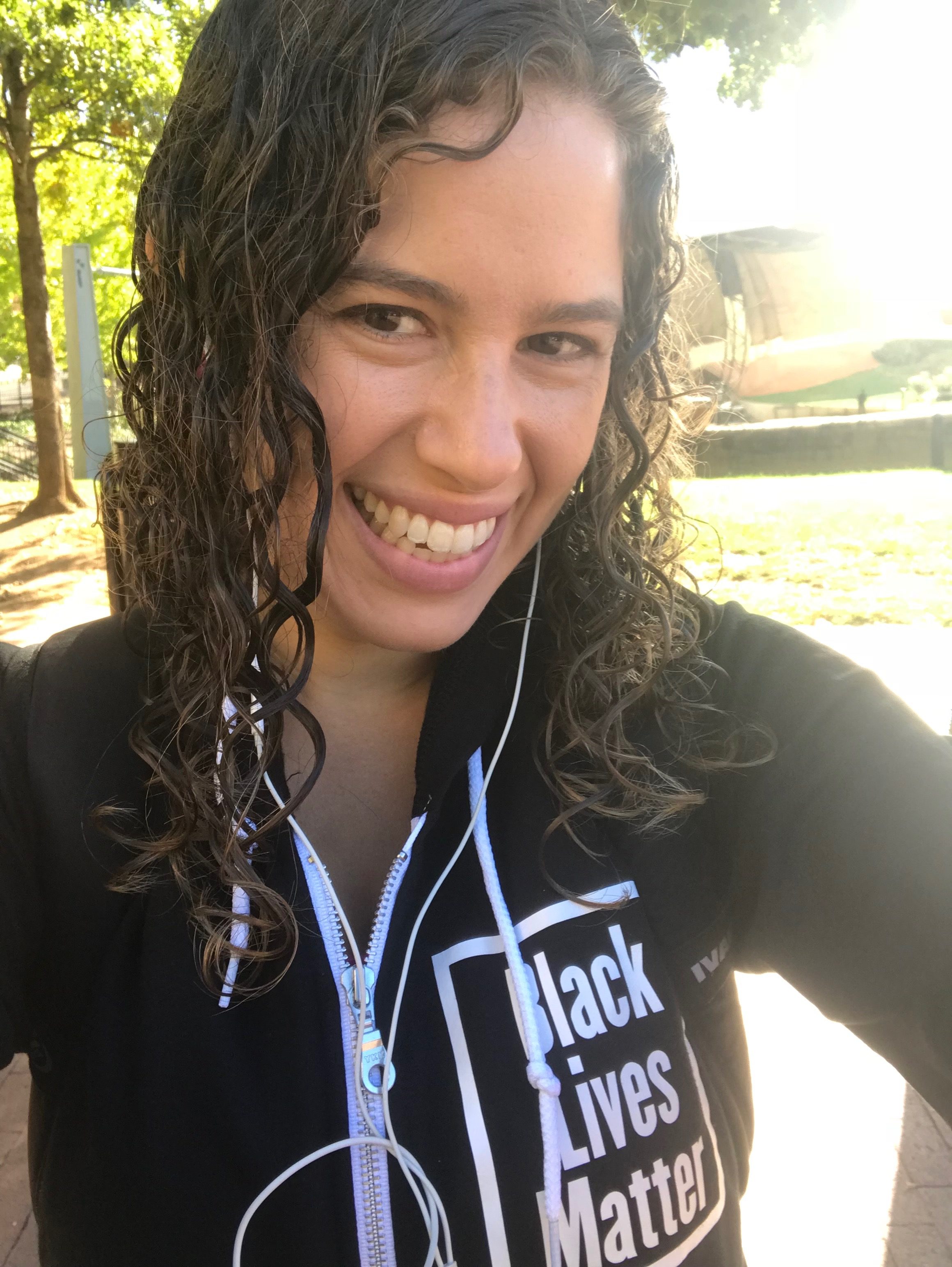This piece was originally posted on February 8, 2017 on the Society for Research on Adolescence Emerging Scholars blog.
Alternating between mocking and manipulative platitudes.
Outright lying.
These are all aspects of intimate partner abuse. Or, to speak in terms of adolescents, tactics of teen dating violence. This is what I study and teach about – what I work to prevent, understand, and address. This is something I’ve lived through, too.
I never thought it would be so politically relevant.
There is so much that is not normal that is coming out of the White House right now. The discriminatory posturing from the campaign trail is turning into actual discriminatory policies. What I’m talking about is not just those specific policies but the comprehensive pattern of behavior towards entire segments of the population (including scientists and academics). Repeatedly, survivors of domestic abuse and other abusive relationships have spoken up about the ways in which they are triggered and traumatized by Trump’s bullying, lying, victim-blaming, and other forms of psychological manipulation and devastation.
So from educators, organizers, researchers, and people who themselves have lived through these experiences – here are five ways we can use knowledge about surviving abusive relationships to guide our collective resilience in 2017.
1. Don’t blame – Recognize abuse of power for what it is.
When harm occurs, the people responsible for that harm are the ones who chose to use their power to exert undue control. This harm can include grief, fear, loss of resources, loss of security, injury, and death. Don’t blame the victims. No one deserves to be hurt. Keep the focus on the ones causing harm – and don’t let them off the hook.
2. Don’t gaslight – Believe people’s reports of their own experiences.
Gaslighting is an abusive tactic that denies a person’s experience of reality until that person can no longer trust their own truth. When people are getting hurt, or when people are scared of getting hurt, we must believe them. Even if we can’t see it, and we can’t imagine their fear or anger or distress being warranted in this moment. The psychological effects of abuse and trauma may seem like overreactions to people who aren’t living within that experience, but they are not overreactions. To best take care of each other, we need to first believe each other, and bear witness to the painful nuances of what is happening.
3. Don’t numb out – Name your feelings, and engage in active coping.
I’m asking you to stick with the hard stuff. We live in a world where fear, anger, abuse, and trauma are real every day, and we’re going to need ways to feel as much of it as possible. Naming difficult emotions helps us accept and move through them. Journaling, taking physical care of ourselves, and finding others to give and receive care with, can help us build our capacity to hold and live with these difficult feelings. Emotions carry important information about how we are doing and how other people are doing. We can’t ignore these signals – we must feel, and respond.
4. Don’t isolate – Reach out and connect with family, friends, colleagues, and neighbors.
Isolation makes us even more vulnerable to psychological control and emotional despair. Avoiding blame and avoiding gaslighting are all about making space to actually listen. Paying attention to our emotions lets us share our emotions with each other. Talk to people about your truth and your feelings. Name what you see. Hear their feelings. Hear what they see. Be willing to hear more from people around you and notice more about other people’s experiences than you have before. Refuse to normalize – and insist on caring about all of it.
5. Don’t bargain – Hold firm boundaries around what is okay and what is not okay.
It’s insidious. Abuse is so unreasonable, and it’s so hard to believe that doing reasonable things will not lead to reasonable outcomes. “If I could only…” or “if I did it right next time then…” will not work. There is nothing we can do to change the behavior of an abusive person. We will want to think we have figured it out, but we haven’t. Holding boundaries is the primary thing that will get us out. We cannot end the abuse – we can only resist control.
One more thing that helped me, and that has helped many young people, is understanding how abusive relationships are produced through oppressive social systems. Patriarchy, racism, and imperialism are all systems of abuse in which power is used to exert undue control over others. We can work together to address abuse – from preventing teen dating violence to curbing this spiral of political violence – by ending these systems of oppression. And we can only get to ending these systems of oppression if we know how to survive the psychological abuse perpetrated through them.

One thought on “5 Strategies for Surviving Psychological Abuse on a National Scale”
Comments are closed.